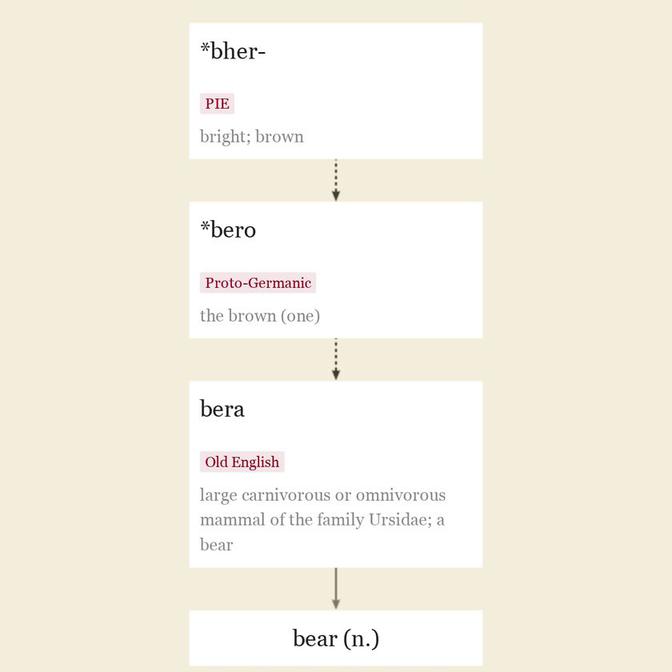berserk adj.
1844, from berserk (n.) "
Thorkelin, in the essay on the Berserkir, appended to his edition of the Kristni Saga, tells that an old name of the Berserk frenzy was hamremmi, i.e., strength acquired from another strange body, because it was anciently believed that the persons who were liable to this frenzy were mysteriously endowed, during its accesses, with a strange body of unearthly strength. If, however, the Berserk was called on by his own name, he lost his mysterious form, and his ordinary strength alone remained. [Notes and Queries, Dec. 28, 1850]
Perhaps later writers mistook the -r for an agent-noun suffix. The picture is further complicated because it has the form of the Old Norse plural, and English berserker sometimes is plural. The adjectival use probably grew from such phrases as berserk frenzy, or as a title (Arngrim the Berserk).
updated on August 18, 2020
